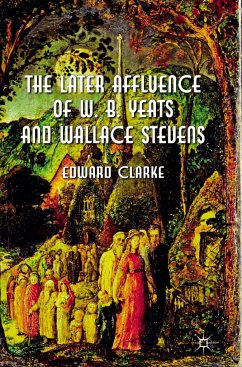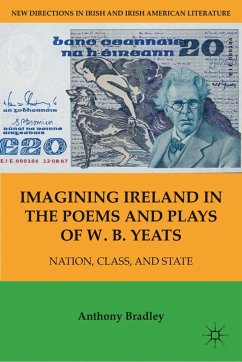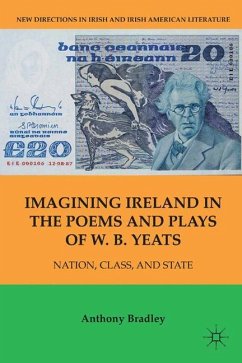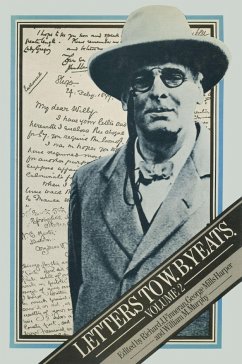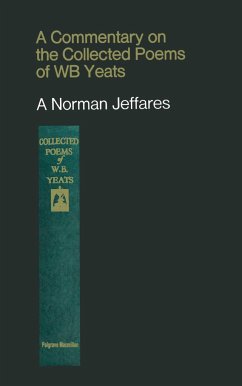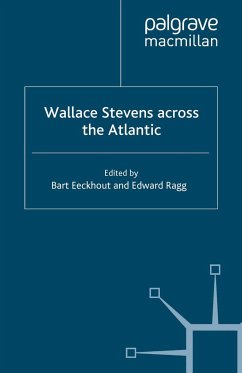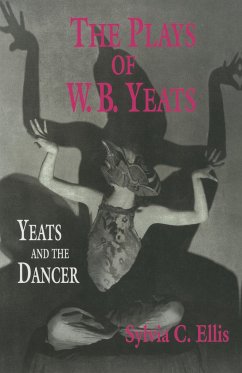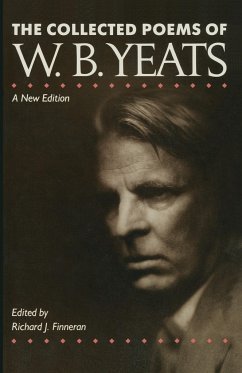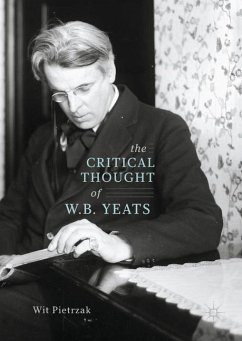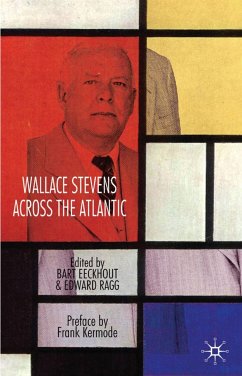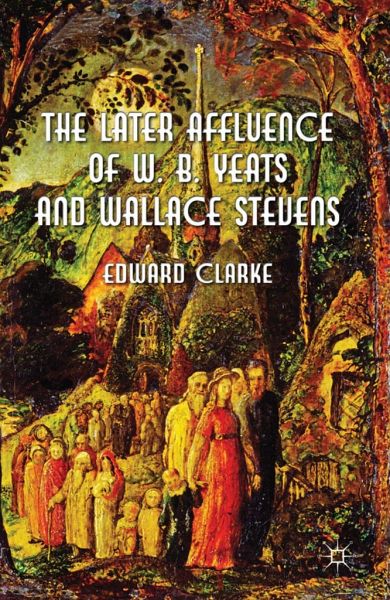
The Later Affluence of W. B. Yeats and Wallace Stevens
Versandkostenfrei!
Versandfertig in 6-10 Tagen
38,99 €
inkl. MwSt.
Weitere Ausgaben:

PAYBACK Punkte
19 °P sammeln!
Surveying the later work of W.B. Yeats and Wallace Stevens, Edward Clarke unfolds their very last poems and considers the two poets' relations with western literature and tradition. This book shows how these two latecomers transform the ways in which we read earlier poets.





